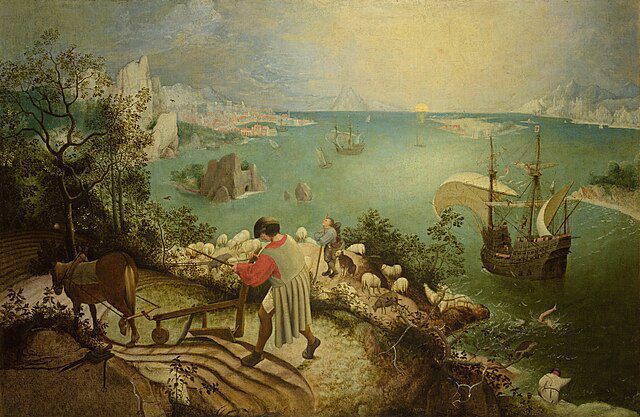
New Approaches to Ekphrasis: A Workshop
October 4, 2024 · 10:00 am—5:00 pm · 161 East Pyne

Ekphrasis when applied to contemporary literature is typically used to refer to the description of an artistic object or artefact within a poem or other piece of writing. Ekphrasis in ancient Greek and Latin literature attracts a much broader field of reference. Where it is defined by the rhetoricians, it is referred to as the ability for a piece of literature to make vivid or manifest that which is not there. In our first workshop we will explore the interconnections between ancient and modern ekphrasis and how ekphrasis can provide a model for extending interactive and cooperative approaches to academic study and creative practice across different disciplines.
The ekphrastic relationship between the literary and the visual has long been theorized as a contest between rival modes of representation: between the driving force of male narrative and the resistance of the female image, for example. While connections between ekphrasis and gender hierarchies have been sporadically noted, as Rippl shows racial and class hierarchies have largely escaped scholarly attention: Ekphrasis can, however, serve different aesthetic, ethical and political goals: ‘It can be ab/used as a discourse of power, based on binary thought and a politics of dualisms, which denigrates the other, but … ekphrasis can also be a means to not only accommodate but celebrate otherness’. We wish to explore what happens when ekphrasis moves beyond the binary and does not ‘come to rest in a battle of wills’. Ekphrasis has recently been taken up in a more open manner by Timothy Morton in their attempt to bring ecological studies and deconstruction into closer conversation. Here Ekphrasis offers a means of illuminating a Posthumanist or ecological approach where entities and the worlds they construct are intrinsically perforated. We see ekphrasis as a potentially generative resource for the present that can resist the petrifying powers of the iconic.















